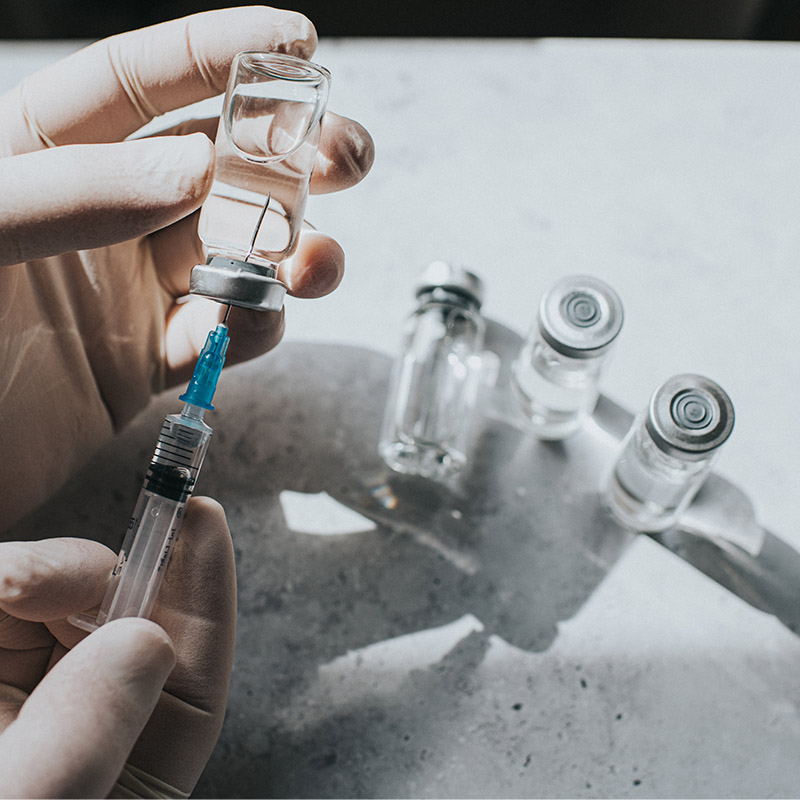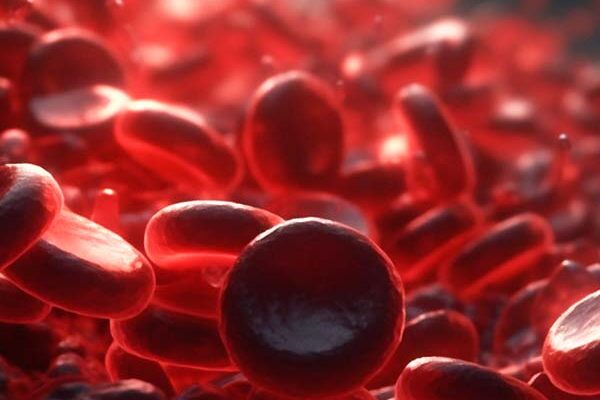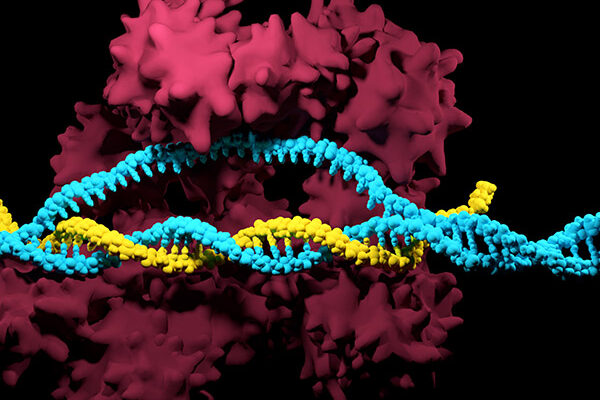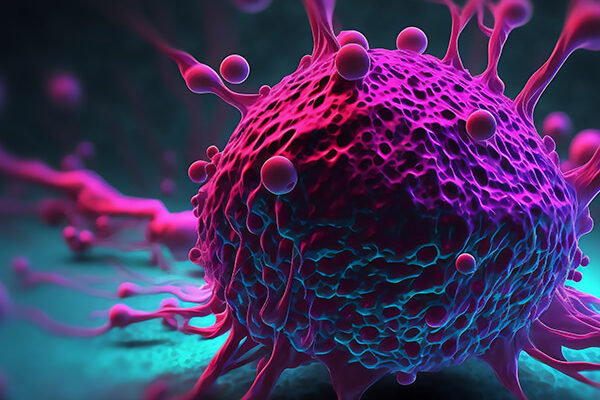A platform for rapidly generating antibodies against diverse bacterial targets, applicable to monoclonal antibody development and the expedited evaluation of potential vaccine antigens
Proposed Use
The citrOgen platform is poised to benefit several key sectors by enabling the generation of specific antibody responses and derivation of B-cell clones against diverse bacterial antigenic targets.
Key applications include:
Pharmaceutical industry: facilitating the development of mAbs for treating bacterial infections.
Vaccine development: providing an expedited platform to test vaccine antigen immunogenicity and protection, enhancing preventative strategies against bacterial pathogens by increasing campaign throughput and scope.
Biotechnology: offering tools for generating diagnostic and research antibodies, supporting biotech and life sciences research.
Problem Addressed
Antimicrobial resistance (AMR) poses a significant threat to human health, rendering many bacterial infections untreatable with conventional antibiotics. Traditional methods for producing lipopolysaccharide (LPS) O-antigens, capsular antigens (CPS) and complex protein antigens for mAb and vaccine development are laborious, costly and inefficient. The need for complex antigen-dependent conjugations, optimisation protocols and repeated immunisations further protracts a lengthy complicated process. This limits the scope and throughput of current technologies. Structural conformity to the native antigen is also compromised by current workflows.
Technology overview
The platform addresses these problems by using genetically engineering Citrobacter rodentium (CR) to express heterologous LPS O-antigen, CPS antigens and complex protein antigens continuously during in vivo mouse infection. Our approach eliminates the need for antigen purification, chemical synthesis, complex conjugations, boosting doses or adjuvant optimisation. The platform induces robust antibody responses through natural infection in mice, providing a more efficient and economical method for enabling early stage mAb and vaccine development. Antigen conformity is inherent to this novel approach.
Benefits
- Reduces costs and increases efficiency by eliminating LPS/CPS purification or chemical synthesis or protein expression and purification
- Robust antibody responses: antibody responses through natural infection without complex conjugation
- Rapid adaptability: quickly targets new O-antigen types, CPS types or protein targets based on genetic code alone.
- Ensures antigen structural conformity to antigen-of-choice and allows multiprotein complex antigen presentation
- Cost-effective: uses affordable reagents for genetic modification.
- Single inoculation: requires only one infection to generate antibody




